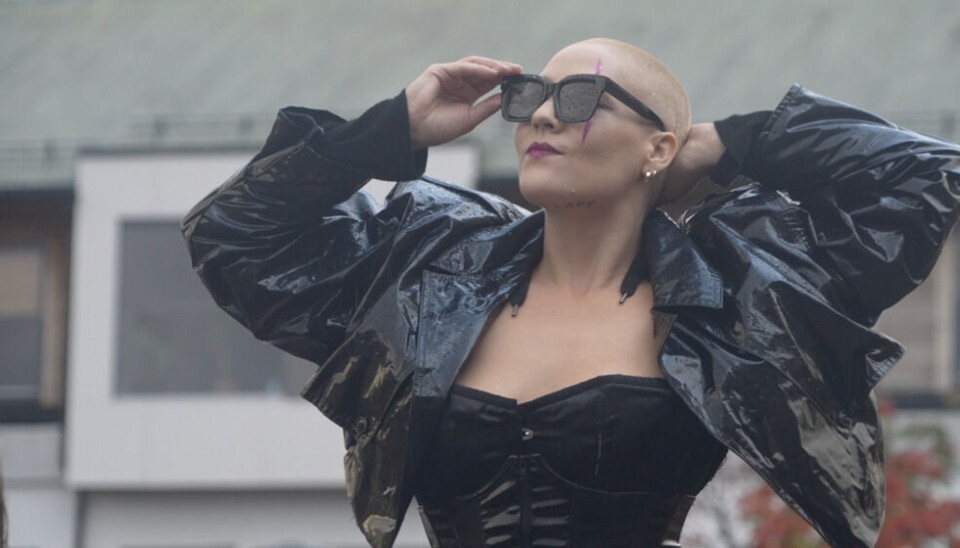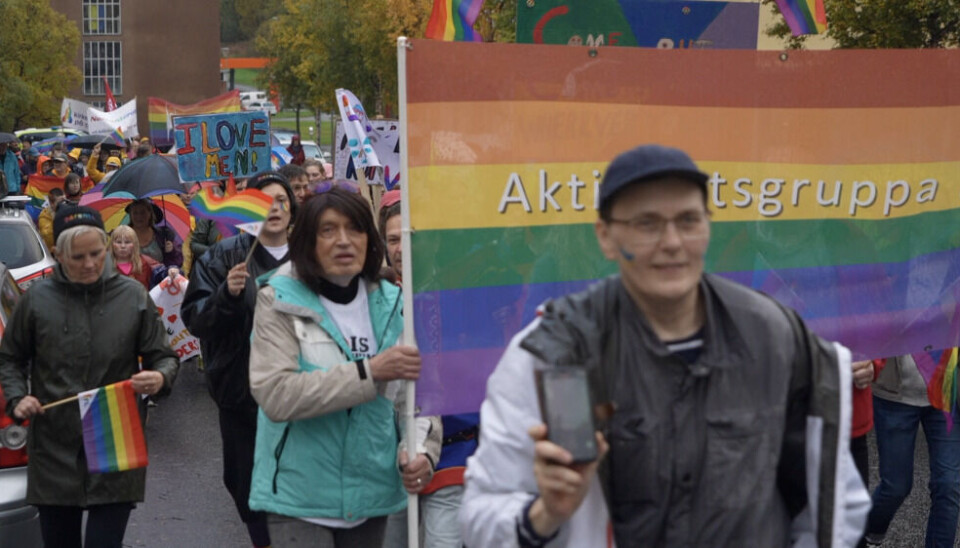
“It's a classic case of scapegoating”. Experts react to Russia’s ban of “LGBT movement”.
The Supreme Court of the Russian Federation upheld the claim of the Ministry of Justice to ban and recognize the “international LGBT movement” as an “extremist organization.”
“Recognize the international public LGBT movement as an extremist organization and ban its activities on Russian territory,” the Supreme Court judge Oleg Nefedov said at the closed court session.
The ban was introduced despite the fact that there is no such organisation as “international LGBT movement”. So what exactly is meant by the “movement” remains unclear.
As the Russia state news agencies clarify, the ban is related to “the comply of the ban of LGBT propaganda, advertising, generating interest and involvement in the LGBT movement”.
The Barents Observer called Mina Wikshåland Skouen, Senior adviser in the Norwegian Helsinki Committee, to ask her to comment on the Russian Supreme Court’s decision.
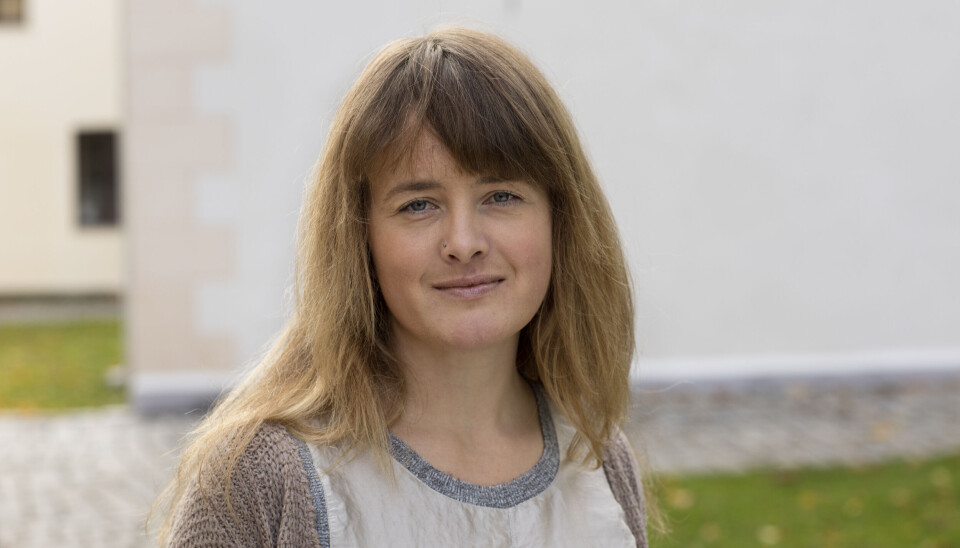
Mina, what is your reaction to the ban?
This is of course very very negative development for LGBT people in Russia first and foremost. And of course state of democracy and civil society in Russia in general.
This ban makes a false impression that LGBT people or a “movement” is creating a threat to Russia. Meanwhile, it’s just a group of people who are living their own life.
Why is the Russian state targeting the LGBT people?
It’s a classic case of scapegoating. It’s a sign that a desperate regime is targeting something that they are trying to portray as an enemy within the country. It also shows that the Russian government is taking extreme measures to control its own population. But it’s important to understand that this is a political decision by the Russian state. I believe that the majority of the Russian population does not share those views.
What are the consequences of such ban for the Russian LGBT community?
We don’t know yet. But we have seen that this law on extremism has been used before to target people who are questioning the Russian regime. It is not used for the purpose of preventing extremism. It is used with the purpose of targeting people who are considered unfavorable by the Russian government. So we don’t know how this is going to be used. It’s difficult to say. But it’s not very optimistic.
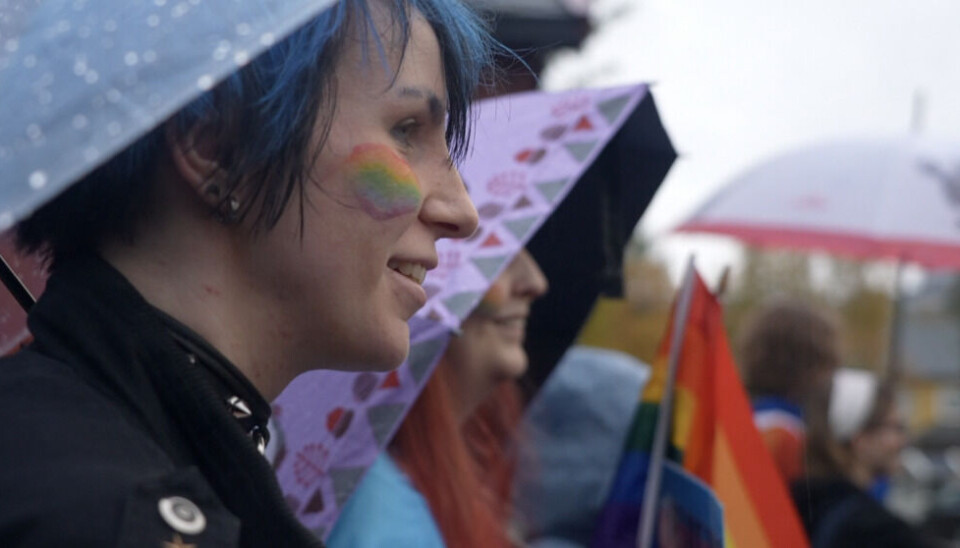
The Norwegian Helsinki Committee is one of the organizers of the annual Barents Pride in Kirkenes, where a lot of LGBT representatives from Russia take part - why is it important for you to hold this event?
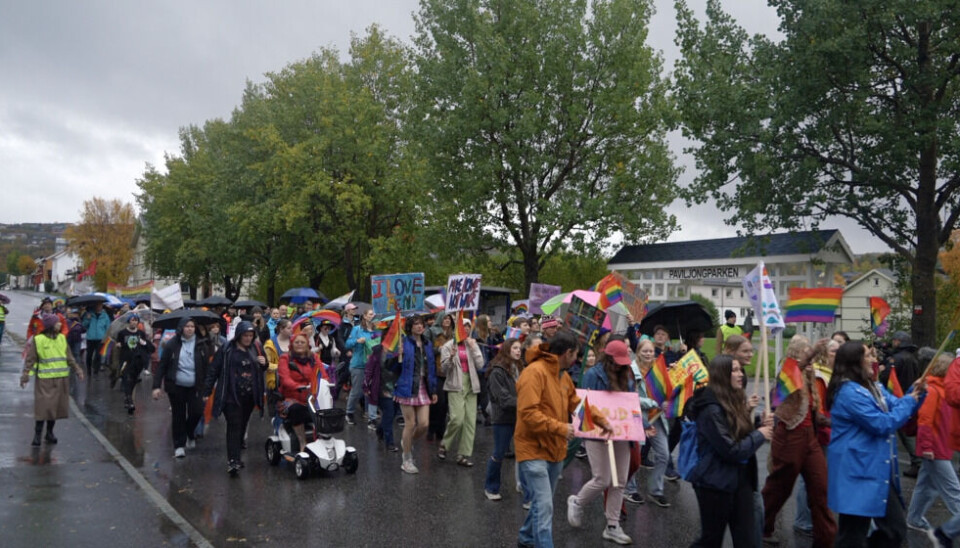
It’s important because people in Norway and Russia have always been living side by side. These are neighboring countries. There is a deep connection between Norwegians and Russians in the Barents region. For Kirkenes, it’s important to open up in solidarity with the Russian LGBT community when they can’t find safety at home. To show solidarity with people and fundamental human rights.
